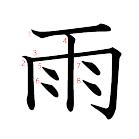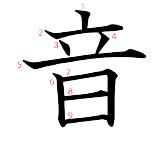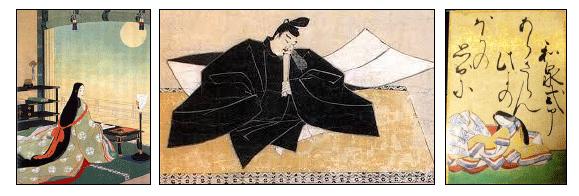More verbs using the past tense
Contents: More verbs using the past tense – mashita
Aim: How do I say things I did?
New Vocabulary:
Japanese | Romaji | English |
いきます/いきました | Iki masu/iki mashita | To go/went |
たべます/たべました | Tabe masu/tabe mashita | To eat/ate |
かいます/かいました | Kai masu/kai mashita | To buy/bought |
ききます/ききました | Kiki masu/kiki mashita | To listen/listened |
あるきます/あるきました | Aruki masu/aruki mashita | To walk/walked |
ねます/ねました | Ne masu/ne mashita | To sleep/slept |
おきます/おきました | Oki masu/oki mashita | To get up/got up |
ステーキ | Sute-ki | steak |
おんがく(Review of Lesson 13) | ongaku | music |
あめ(雨) | ame | rain |
おと (音) | oto | sound |
あさ(Review of Lesson 15) | asa | morning |
Sample Sentences:
わたしは、きのうがっこうにいきました。(I went to school yesterday.)
Watashi wa kinoo gakko ni iki mashita.
わたしのおかあさんは、きょうゆうびんきょくにいきます。(My mother goes to the post office today.)
Watashi no okaasan wa kyoo yuubinkyoku ni iki masu.
やまださんはきのうパスタをたべました。(Yamada san ate pasta yesterday.)
Yamada san wa kinoo pasuta o tabe mashita.
かれはきょうステーキをたべます。(He eats steak today.)
Kyoo wa suteeki o tabemasu.
アナはきのうはなをかいました。(Ana bought flowers yesterday.)
Ana wa kinoo hana o kai mashita.
かんじょはきょうほんをかいます。(She buys a book today.)
Kanojo wa kyoo hon o kai masu.
わたしはきのうクリスマスのおんがくをききました。(I listened to the Christmas music yesterday.)
Watashi wa kinoo Kurisumasu no ongaku o kiki mashita.
雨(あめ)の音(おと)をききます。(I listen to the sound of rain.)
Ame no oto o kiki masu.
きのうエンリケはリカルドのいえまであるきました。(Enrique walked to Ricardo’s house yesterday.)
Kinoo Enrique wa Ricardo no ie made aruki mashita.
きょうわたしはがっこうまであるきます。(I walk to school today.)
Kyoo watashi wa gakkoo made aruki masu.
こどもは8じにねました。(Children went to sleep at 8.)
Kodomo wa hachi ji ni nema shita.
おかあさんは11じにねます。(Mother goes to sleep at 11.)
Okaawan wa juu ichi ji ni ne masu.
こどもはあさ6じにおきます。(Children get up at 6 in a morning.)
Kodomo wa asa roku ji ni oki masu.

| S-27-1 |
Lesson Point:
Kino (yesterday), kyo (today), ashita (tomorrow), or any other words that indicate the time of action can be put either before or after the subject, depending on what you want to empha in the sentence.
Mini-quiz:
Describe your day in Japanese
きょうわたしは__じにおきました。(I woke up __ today.)
きのうのあさわたしは__をたべました。(I ate ___ for breakfast yesterday.)
きょうわたしは___をかいます。( I buy ___ today.)
Writing Practice – Kanji:
Let’s practice writing雨and 音by following the stoke order.

This is how the kanji “Ame” – meaning rain - was created.


